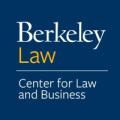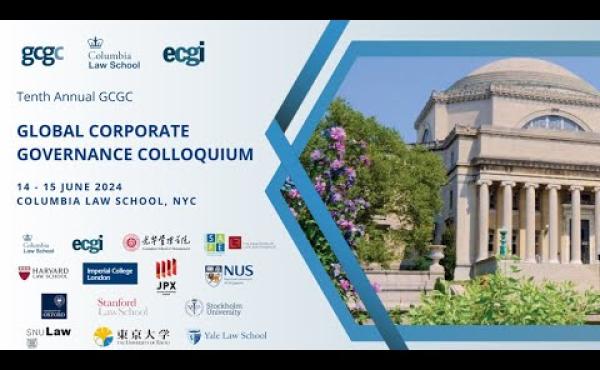
- Research Member
Professor Stavros Gadinis
Biography
Professor Gadinis’ research examines questions in corporate law and financial regulation, both domestic and international. He is particularly interested in the interplay between companies and regulators, exploring the institutional framework for law enforcement, compliance, and risk management. In the last few years, he has focused on sustainability and social issues as an attempt to expand the scope of corporate governance. In Corporate Law and Social Risk (co-authored with Amelia Miazad)(2020 Vanderbilt Law Review), the focus is on stakeholder outreach as a governance system seeking to identify and address social risks for the business. In a follow-up article, A Test of Stakeholder Capitalism (co-authored with Amelia Miazad) they explore how corporations relied on feedback from stakeholders to address the implications of the Covid pandemic. His article The Hidden Power of Compliance (co-authored with Amelia Miazad)(2019 Minnesota Law Review) explores how extensive internal reporting within companies impacts the liability of board members. In Collaborative Gatekeepers (co-authored with Colby Mangels)(2016 Washington & Lee Law Review) he explores anti-money laundering law as a model of pro-active misconduct reporting. Gadinis’ work has also traced the spread of financial standards around the world, showing how private, regulator, or government supports leads to distinct results (Three Pathways to Global Standards, 2015 American Journal of International Law). Gadinis has argued that systemic risk reforms introduced after the 2008 financial crisis has resulted in increasing the role of political appointees over independent regulators in the oversight of the financial system (2012 California Law Review).
Before entering into academia, Gadinis practiced corporate law for four years in Europe. Gadinis completed his S.J.D. at Harvard in May 2010. He also holds an LL.M. degree from the University of Cambridge (UK), and a law degree from Aristotle University, Greece.




